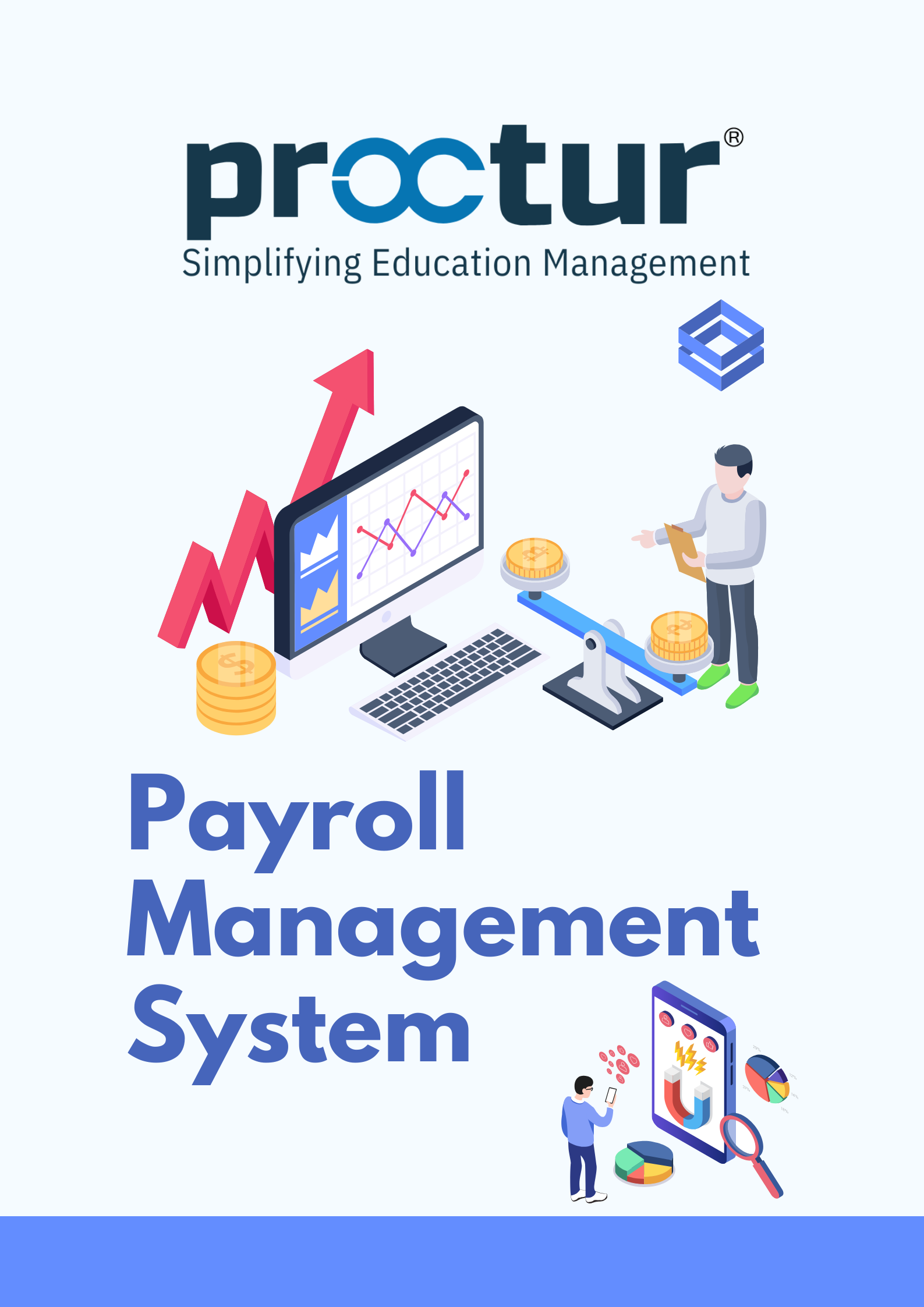In the realm of business operations, few tasks are as essential yet complex as payroll management. From ensuring timely salary payments to adhering to regulatory compliance, effective payroll management is crucial for the smooth functioning of any organization.
What is Payroll Management?
Payroll management refers to the process of administering employee salaries, wages, bonuses, deductions, and taxes. It encompasses various tasks, including calculating payments, withholding taxes, issuing paychecks, and maintaining accurate records of financial transactions related to employee compensation.
Why is Payroll Management Important?
Compliance: Adhering to tax laws, labor regulations, and reporting requirements is paramount for legal compliance. A robust payroll management system ensures that all payroll-related obligations are met, reducing the risk of costly penalties or legal issues.
Employee Satisfaction: Timely and accurate payroll processing enhances employee satisfaction and morale. It fosters trust and reliability within the workforce, leading to higher productivity and retention rates.
Financial Management: Payroll constitutes a significant portion of operational expenses for businesses. Efficient payroll management enables accurate budgeting, forecasting, and cost control, contributing to overall financial stability.
Data Accuracy: Payroll data integrity is crucial for financial reporting and decision-making. A centralized payroll system maintains accurate employee records, reducing the likelihood of errors or discrepancies.
How to Set Up a Payroll Management System
Assess Requirements: Evaluate your organization’s payroll needs, considering factors such as the number of employees, payment frequency, benefits structure, and tax obligations.
Choose a System: Select a payroll management system that aligns with your requirements and budget. Options range from manual spreadsheets to sophisticated payroll software solutions offering automation and integration capabilities.
Gather Employee Information: Collect essential employee data, including personal details, tax withholding forms (e.g., W-4), bank account information, and salary agreements.
Configure Settings: Customize the payroll system settings based on your organization’s payroll policies, tax rates, benefit deductions, and other relevant parameters.
Process Payroll: Enter employee hours, wages, bonuses, and deductions into the payroll system. Verify calculations and generate paychecks or direct deposit payments.
Ensure Compliance: Stay updated on tax laws, labor regulations, and reporting requirements applicable to your business. Regularly review payroll processes to ensure compliance and mitigate risks.
Payroll Methods
Manual Payroll Processing: Involves manual calculation of payroll components using spreadsheets or paper-based systems. While cost-effective, it is prone to errors and time-consuming.
Outsourced Payroll Services: Employing third-party payroll service providers to handle payroll processing, tax filings, and compliance matters. Offers convenience and expertise but may involve additional costs.
Payroll Software Solutions: Utilizing payroll software platforms to automate payroll tasks, streamline processes, and ensure accuracy. Provides efficiency, scalability, and integration with other business systems.
In conclusion, effective payroll management is essential for organizational success, encompassing legal compliance, employee satisfaction, financial stability, and data accuracy. By understanding the intricacies of payroll management and implementing suitable systems and methods, businesses can optimize their payroll processes and focus on strategic growth initiatives.



